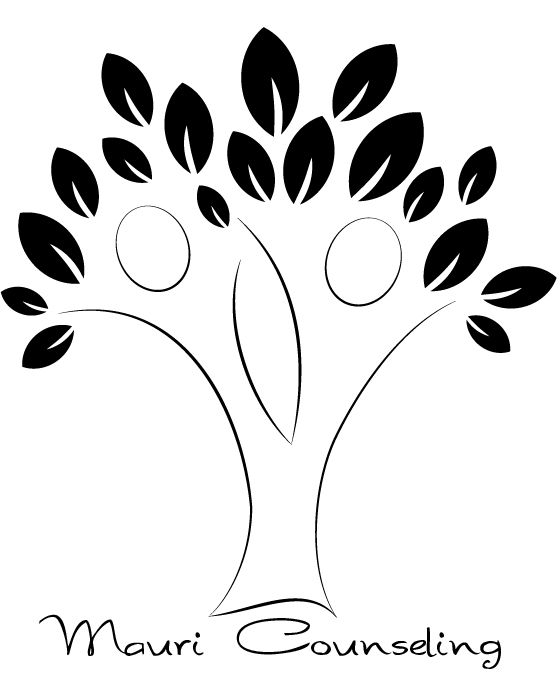Trying to find out what couples counseling is and if it works can be challenging. Not only are people bombarded with examples of confusing or downright terrible examples of couples counseling and tv and movies, but historically couples counseling has been really bad. Up until 20 years ago or so the success rate was about 25%. Even though this has changed and there are some very effective forms of couples counseling, (for example EFT, which is the form I use has an 85% rate of improvement) there are still therapists out there with little training or experience with couples. As a result, most people know of a couple who went to couples counseling and found it made things worse. So, then couples in distress are often unsure of what options there are and when, or if, they should seek them out.
When to seek couples counseling
Couples who come to see me generally are distressed in some way about the condition of their relationship. This might feel like a lot of sadness or hopelessness, or it might be a lot of anger, frustration and blame. It often feels like they can’t talk to their partner anymore and that whatever they try they can’t seem to fix what feels broken in their relationship.
If this sounds familiar, you might think that whatever you do you will upset their partner (or you partner will upset you) and fighting is inevitable. You might even be questioning if this relationship is the right one, or be wondering if it just isn’t meant to be. Your friends or close family members might notice you complaining about your partner more than you tell them things you appreciate. It might feel like they have turned against your partner and it might cause you to worry about confiding in them anymore.
In the relationship it often looks like you are either blaming and/or criticizing your partner, or that you are trying to escape blaming and/or criticizing. This behavior might be obvious, like leaving the house or yelling at your partner, or it might be subtle, in that it is hard to remember the good things about your partner anymore or that you find yourself finding more comfort in your phone than in time with them.
Why couples get stuck
Most of the time, I find that couples are caught in conflict cycles. This means that they aren’t able communicate very effectively with one another any more. One person sees the other person’s reaction, has their own interpretation about what this means, then their own emotional reaction, and they respond to what is happening for them. The other person then sees their partner’s reaction and goes through a similar, but separate response of their own.
This can cause each of them to feel confused and frustrated about why their partner (and often themselves as well) are acting this way. And the more one person goes one way, usually the harder the other person goes the other. This causes couples to get deeper and deeper into the cycle.
Once the cycle has gotten going, it can spiral out about anything. You might find yourself start a conversation about the dishes and end up in a huge fight before you know it.
How I work
The first thing I do is map out this cycle and help one another see how and where they are missing one another. Once this is done, we start to work to dismantle the cycle by stepping out of it and reacting in different ways. This is achieved through practice in my office.
The next step is to build a new, more positive, cycle. Where the old cycle would cause the couple to spin out away from one another constantly, the new cycle would bring them together and help them to be stronger when things get difficult.
Why consider couples counseling
After counseling, couples usually feel more confident in their relationship. They feel safer and more secure in their relationship. This can feel like your partner hears you and that both your and your partner’s actions are more understandable.
After counseling, couples usually feel that their relationship is good again and that they know what to do if they get off track again. They often feel more confident in accepting their partner’s bids for affection, as well as more confident in initiating their own bids successfully. People also often feel that they know how to navigate the normal conflict and disagreement that is inevitable in relationships, without having it threaten the strength of the relationship.
